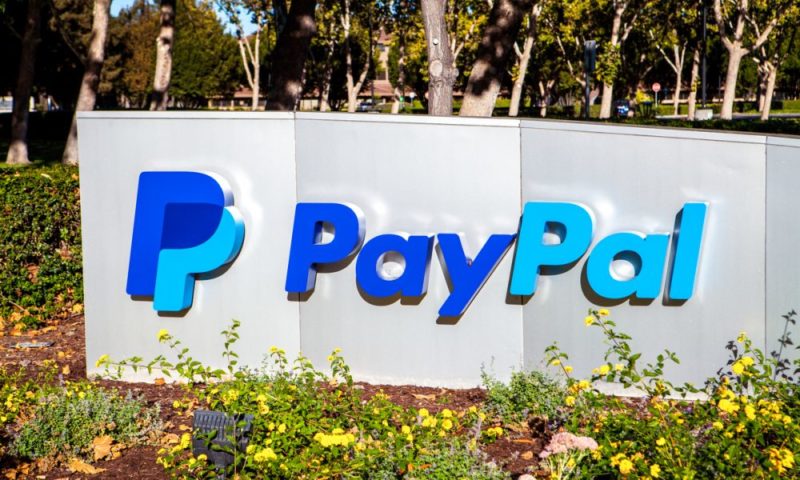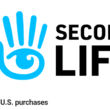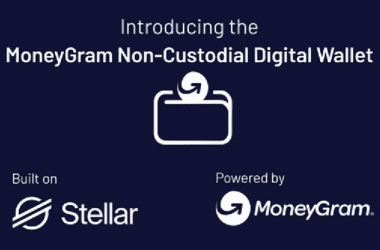Quick take:
- Global payments giant PayPal will no longer protect NFT sales larger than $10,000.
- The online payments company said it will remove such transactions from the Seller Protection Program effective March 21.
- The Palo Alto Calif-based fintech did not explain why it is taking these measures.
The world’s largest online payments platform PayPal has updated its user policy to stop protecting NFT transactions with more than $10,000. The Palo Alto, Calif-based fintech giant said the changes will take effect on March 21. PayPal did not explain why it has decided to move in this direction.
Writing on the policy update section, the company wrote “we are revising PayPal’s Seller Protection program to expand the list of ineligible items to include certain Non-Fungible Tokens (NFTs) with a transaction amount of more than $10,000 USD.”
Non-fungible tokens are among the most popular digital items currently, driven by the rapid adoption and influx of celebrities in the industry.
The market has witnessed artists like Snoop Dogg, athletes ranging from soccer players, tennis players and NBA members join the exciting world of NFTs. Even former political figures like Melania Trump have also been involved.
PayPal’s announcement comes as more NFT marketplaces continue to partner with leading financial services platforms to bring NFTs to the masses.
NFTs are mainly purchased using cryptocurrency wallets, but platforms like Coinbase want to make it possible to buy collectibles and NFT art using credit cards. The company’s NFT segment has partnered with Mastercard to achieve its goal.
Recently, an NFT vending machine was launched in the middle of New York City, allowing users to buy digital collectibles using ATM cards.
It is not clear whether PayPal, which relies on credit/debit cards, bank details and residential addresses to fully verify user accounts, is taking extra measures to manage risk exposure.
Although NFTs are some of the most secure products on the web, several NFT traders and collectors have fallen victims to malicious attacks launched by hackers through phishing links.
PayPal’s Seller Protection program gives merchants an opportunity to challenge buyers that falsely claim items they purchased were never delivered. It gives them a chance to fight against cases involving payments made by a hacked account.
Therefore, given the various fraud cases that still surround NFTs, the fintech company may be moving to protect itself against major cases.
Some NFTs sell for hundreds of thousands of dollars, with some going for millions.
Stay up to date:





